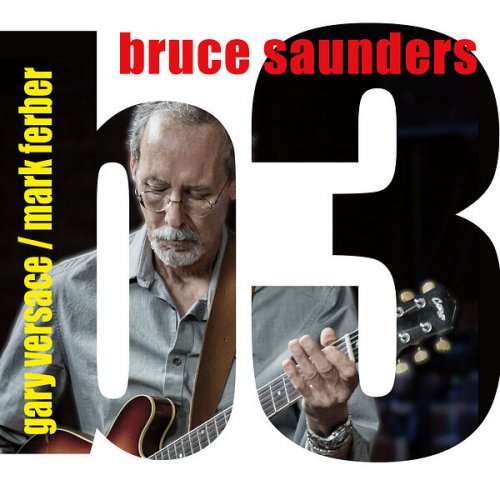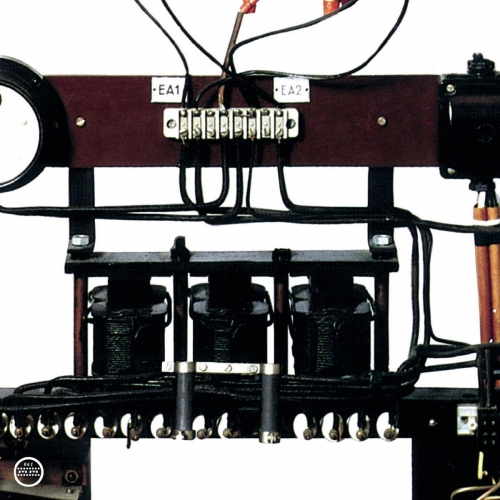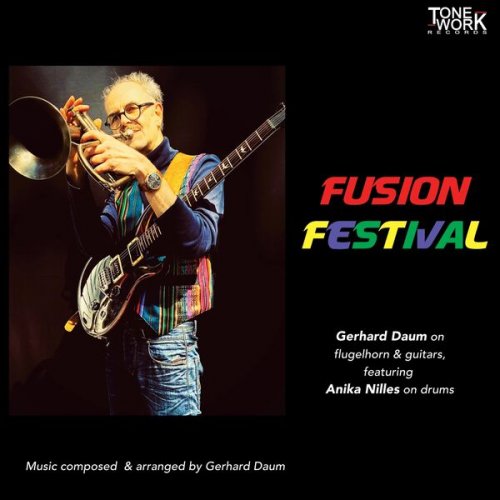The Mighty Hannibal - Hannibalism! (2006)
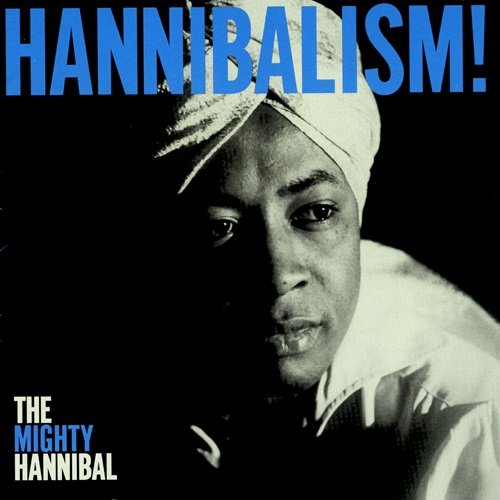
Artist: The Mighty Hannibal
Title: Hannibalism!
Year Of Release: 2006
Label: Norton Records
Genre: R&B, Soul
Quality: Flac (tracks)
Total Time: 01:15:01
Total Size: 233 Mb
WebSite: Album Preview
Tracklist:Title: Hannibalism!
Year Of Release: 2006
Label: Norton Records
Genre: R&B, Soul
Quality: Flac (tracks)
Total Time: 01:15:01
Total Size: 233 Mb
WebSite: Album Preview
01. Big Chief Hug-Um An' Kiss-Um 2:13
02. Take A Chance On Me 2:21
03. Please Take A Chance On Me 2:27
04. motha Goose Breaks Loose 2:29
05. Fall In Love With Me (With Hanna Savage) 2:36
06. My Name Is Hannibal 2:13
07. The Biggest Cry 2:33
08. I Need A Woman ('Cause I'm A Man) 2:35
09. Baby Please Change Your Mind 3:03
10. My Kinda Girl 2:10
11. All Nite Long 2:15
12. Jerkin' the Dog 3:08
13. In The Midnight Hour (Live With the Gatemouth Brown Band, "The Beat" TV Show) 2:34
14. Hymn No. 5 3:23
15. Fishin' Pole 2:42
16. Shame, Shame 2:10
17. Trying To Make It Through 2:20
18. Get Back 2:33
19. The Right To Love You 2:39
20. Good Time 2:51
21. I Just Want Some Love 3:21
22. Get In The Groove 2:24
23. Somebody In The World For You 2:52
24. We're Gonna Make It 3:01
25. Meet Me At Mary's Place 2:20
26. I'm Coming Home 2:15
27. The Truth Shall Make You Free 3:19
28. Party Life 4:13
As obscure R&B legends go, the Mighty Hannibal remains perhaps the most interesting to grace the stage or airwaves of the 1950s and '60s. A first cousin of the maligned Bill Clinton advisor Vernon Jordan, and a flamboyant player all his life, Hannibal's music was as exciting as he was. Born James Shaw he started singing doo wop as an Atlanta teenager, and eventually released a string of moderately successful (and generally highly praised) singles for a variety of independent labels. Shaw's first group, the Overalls in 1954, included future Pips Edward Patten and Merald Knight. His first notable single as a solo performer (1958's "Big Chief Hug-Um an' Kiss-Um") was released under the name Jimmy Shaw on Concept. Other early singles of note include "My Name Is Hannibal" for Pan World, the Jack Nitzsche-penned "The Biggest Cry" (it of course featured a lush string arrangement courtesy of the writer), and the bluesy "I Need a Woman ('Cause I'm a Man)." For a time, Hannibal even recorded for his own Sharob label.
But it was his mid-'60s work that put Hannibal (as he was officially known by now) on the map. "Jerkin' the Dog" and "Fishin' Pole" showed the turban-decked one growing measurably in his singing and arranging skills. But it was the prophetic Shurfine hit "Hymn No. 5," a sobering gospel-blues about a Black soldier writing home from Vietnam, that Hannibal will perhaps be best-known for. Released in 1966, the tune beat the white hippie acts to the punch by at least a year in its anti-war consciousness. During this time, Hannibal had developed a serious heroin habit and wasted a lot of energy trying to sound like the newly funkified James Brown and producing somewhat weak singles.
By 1972, he had kicked heroin for good and recorded some of the best work of his career to this point. On "I'm Coming Home," Hannibal again visited the Vietnam quagmire, this time (in 1970) sending a young Black man out of cities torn by drugs and riots into an even worse nightmare (could this be the younger brother of the vet described in "Hymn No. 5" half a decade earlier?). His anti-drug screamer "Truth Shall Set You Free" saw him (now calling himself King Hannibal) finding new direction in gospel, but it marked a low period in his songwriting. Hannibal spent most of the '70s as a bit actor in films like The Buddy Holly Story and Roots or as a staff producer at Venture Records. He even worked as entertainment editor for a time at the Atlanta Voice newspaper. The cult glam film Velvet Goldmine featured some of his music and helped jump-start his career again.
But it was his mid-'60s work that put Hannibal (as he was officially known by now) on the map. "Jerkin' the Dog" and "Fishin' Pole" showed the turban-decked one growing measurably in his singing and arranging skills. But it was the prophetic Shurfine hit "Hymn No. 5," a sobering gospel-blues about a Black soldier writing home from Vietnam, that Hannibal will perhaps be best-known for. Released in 1966, the tune beat the white hippie acts to the punch by at least a year in its anti-war consciousness. During this time, Hannibal had developed a serious heroin habit and wasted a lot of energy trying to sound like the newly funkified James Brown and producing somewhat weak singles.
By 1972, he had kicked heroin for good and recorded some of the best work of his career to this point. On "I'm Coming Home," Hannibal again visited the Vietnam quagmire, this time (in 1970) sending a young Black man out of cities torn by drugs and riots into an even worse nightmare (could this be the younger brother of the vet described in "Hymn No. 5" half a decade earlier?). His anti-drug screamer "Truth Shall Set You Free" saw him (now calling himself King Hannibal) finding new direction in gospel, but it marked a low period in his songwriting. Hannibal spent most of the '70s as a bit actor in films like The Buddy Holly Story and Roots or as a staff producer at Venture Records. He even worked as entertainment editor for a time at the Atlanta Voice newspaper. The cult glam film Velvet Goldmine featured some of his music and helped jump-start his career again.
![Acid Mothers Reynols, Acid Mothers Temple, Reynols - Vol. 3 (2024) [Hi-Res] Acid Mothers Reynols, Acid Mothers Temple, Reynols - Vol. 3 (2024) [Hi-Res]](https://img.israbox.com/img/2026-02/21/vgzin7mjpuc9xi8v2ce3z1jc8.jpg)
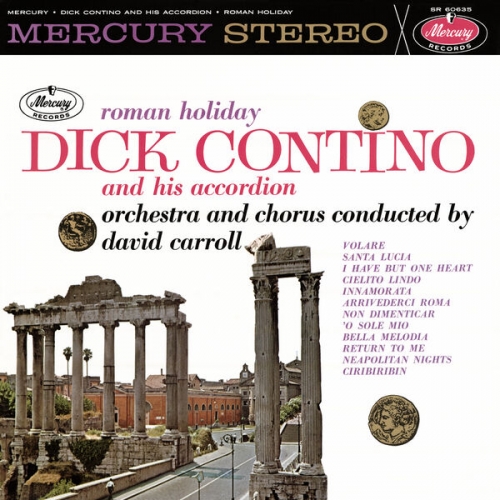
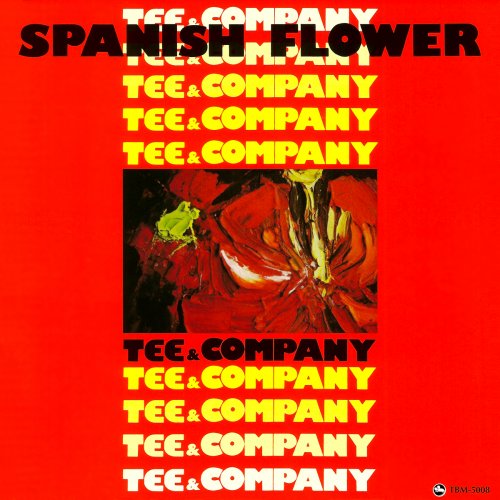
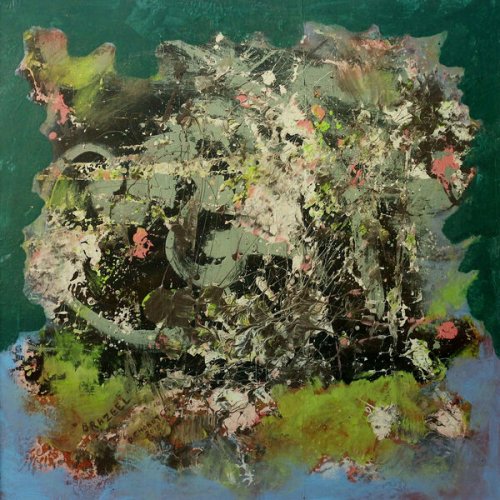
![Ex Novo Ensemble - Claudio Ambrosini: Chamber Music (2020) [Hi-Res] Ex Novo Ensemble - Claudio Ambrosini: Chamber Music (2020) [Hi-Res]](https://img.israbox.com/img/2026-02/22/z541qb9ul4q390uxlw1d9iak3.jpg)
